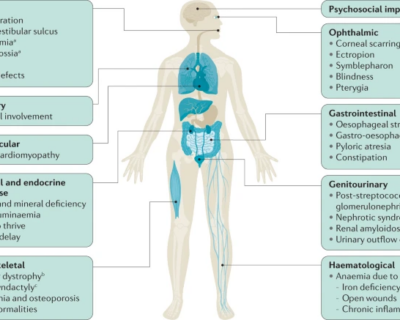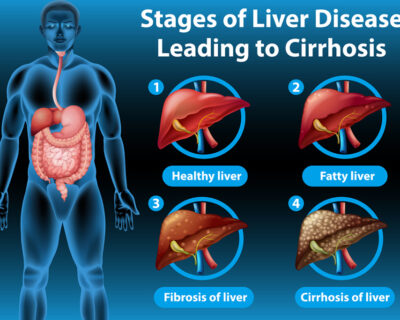
People thinking they have had COVID-19 could increase transmission
[ad_1]
A study conducted by researchers in the UK has found that people who think they have had COVID-19 are more likely to believe they are immune to the infection and less likely to follow social distancing rules.
The finding that these people are less likely to adhere to lockdown measures could contribute to transmission, say Louise Smith (Institute of Psychiatry, King’s College London) and colleagues.
“Clear communications to this growing group are needed to explain why protective measures continue to be important and to encourage sustained adherence,” writes the team.
A pre-print version of the paper can be accessed on medRxiv*, while the article undergoes peer review.
Many countries have introduced lockdown measures
Since the COVID-19 outbreak, many countries have imposed “lockdown” measures to reduce the spread of the virus, with an estimated 3.7 billion people having been instructed to stay at home or have had their movement limited in some way.

BARCELONA, SPAIN: First day of state of emergency and lockdown in Barcelona during coronavirus crisis. Image Credit: Kenneth Dedeu / Shutterstock
Many countries are hoping that testing will guide any approaches to relaxing these measures. The tests include antigen testing, which checks for current infection and antibody testing, which identifies previous infection.
However, the World Health Organization (WHO) has cautioned against antibody
testing due to concerns that people who have already had the infection
will think they are immune and will stop adhering to protective measures.
There is no evidence to date that previously infected individuals can not
catch COVID-19 more than once and be infectious again.
The study is the first of its kind
So far, no research has investigated differences in adherence behaviors between people who think they have already
had the infection and those who do not think they have.
Now, Smith and colleagues have conducted an online cross-sectional
survey and collected data between 20th and 22nd April to investigate
whether people who think they have already been infected tend not to
follow social distancing rules as strictly as those who do not think they have. The study included 6,149 individuals living in the UK who were aged 18 years or older.
Participants were asked whether they thought they had already had coronavirus,
whether they had been tested; whether they thought they were immune;
how many days they had left the house over the previous week, and how worried they were about the virus.
To gauge the probability of self-misdiagnosis, they were also asked what the most common symptoms of infection are.
What did the researchers find?
The study found that the proportion of people who thought they had already had COVID-19 is about twice that suggested by current estimates.
However, the authors suggest that the “differences in findings may be explained by the fact that these data only cover dates until 20th April.”
About one quarter (24.3%) thought they had had COVID-19,
despite only 4.0% having reported that they had tested positive for the infection.
Of the 9.4% (n=575) who had been tested 57.4% (n=330) reported a negative result, yet 56.7% (n=187) of those individuals still believed they had been infected.
People who thought they had already been infected thought they were more likely
to be then immune and were less likely to follow social distancing rules.
“In particular, people were less likely to report adhering to measures that are not allowed at all in the UK,
such as meeting up with friends or family that you do not live with and shopping for nonessentials,” reports the team.
Those who believed they had already been infected were less worried about COVID-19 and less likely to identify cough and fever as two of the three main symptoms.
What are the implications of the study?
The researchers warn that the number of people who believe they have had COVID-19 will only increase as time goes on and that it is essential to understand how this impacts behaviors.
The authors point out that due to the cross-sectional nature of the study, causality cannot be evaluated,
but that “the findings do fit with concerns expressed by the WHO that believing oneself to have had COVID-19 results in reduced adherence to protective behaviors.”
The teams say the findings have important implications since social norms can affect whether people adhere to lockdown measures:
“People may be less likely to adhere to “lockdown” measures if they perceive other people, such as those who think they have had COVID-19, not to be adhering. To date, there are no communications specifically targeting those who think they have had COVID-19.”
“Clear, targeted communications” are needed
Smith and colleagues say this will become an increasingly important issue, the longer the pandemic continues.
“Communications should acknowledge the growing proportion of the population who think that they have had COVID-19,” they warn.
“Clear, targeted communications might be used to advise this constantly growing group both to reduce reliance on self-diagnosis in the absence of a test and to provide advice on what behavior changes, if any, are advisable,” concludes the team.
*Important Notice
bioRxiv publishes preliminary scientific reports that are not peer-reviewed and,
therefore, not be regarded as conclusive, guide clinical practice
/health-related behavior, or treated as established information.






